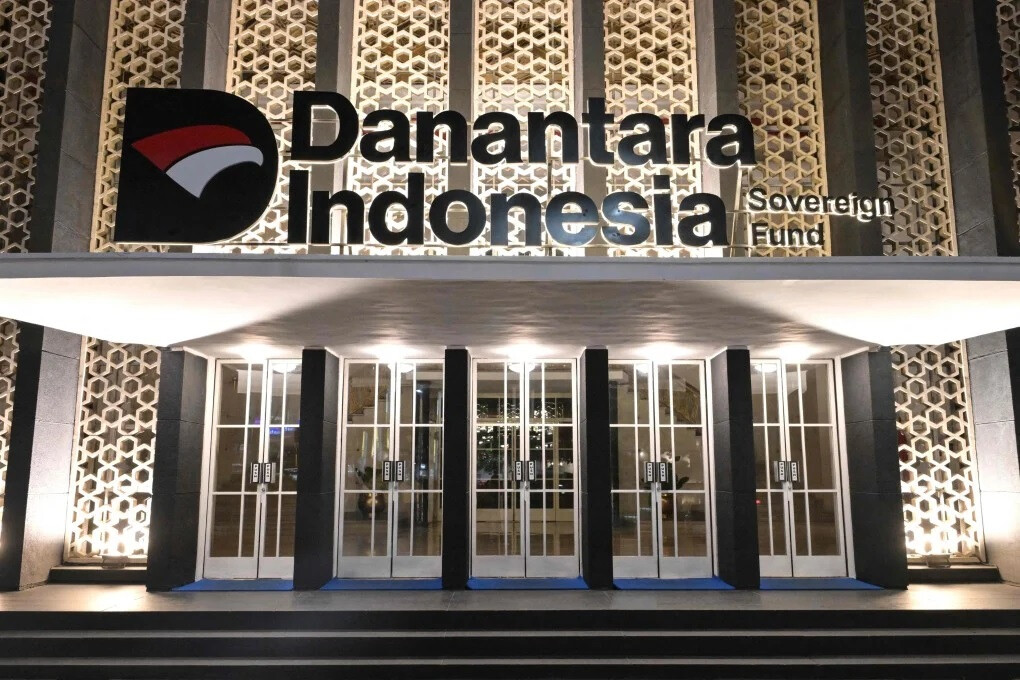
JAKARTA, INDONESIA – Indonesia's newly established sovereign wealth fund, Danantara Anagata Nusantara Investment Management Agency (Danantara), is facing significant criticism and skepticism right from its inception due to concerns over a lack of transparency and accountability. Following Danantara's launch, the Jakarta Composite Index (JCI) has experienced a sharp decline of approximately 7.1%, a fall attributed to a sustained outflow of foreign capital amounting to around US$622.7 million.
A primary concern revolves around the perceived lack of transparency and accountability within Danantara. Doubts are mounting as to whether the fund will genuinely serve as a catalyst for development or become susceptible to political manipulation and corruption. The Indonesian government faces the crucial task of demonstrating prudence to gain the trust of both investors and the public.
In evaluating Danantara's governance, the Santiago Principles, a set of guidelines representing best practices for sovereign wealth funds, offer a valuable benchmark. Successful sovereign wealth funds globally, such as Norway's Norges Bank Investment Management and Singapore's Temasek, adhere to key indicators of the Santiago Principles, including independent governance, transparent investment strategies, and robust risk management frameworks. However, Indonesia currently falls short in these essential areas, leading to concerns that Danantara's present governance approach bears an unsettling resemblance to Malaysia's 1MDB scandal.
Danantara's structural design amplifies the risk of heightened political influence due to regulatory loopholes and the potential for cronyism. A notable example is the appointment of individuals with close political ties to President-elect Prabowo Subianto to key board positions. Danantara's CEO, Rosan Perkasa Roeslani, previously led Prabowo's election campaign and concurrently serves as the Minister of Investment and Head of the Investment Coordinating Board. This overlapping role as head of both the investment regulatory body and the investment management entity presents serious risks related to conflicts of interest and regulatory capture, potentially leading to corruption and a loss of public trust.
The Chief Investment Officer (CIO), Pandu Patria Sjahrir, also maintains close ties with Luhut Binsar Pandjaitan, the Coordinating Minister for Maritime Affairs and Investment and a former minister. Although Luhut recently resigned as chairman of one of Indonesia's largest energy companies, he still holds interests in the energy sector. These connections raise concerns about potential favoritism towards well-connected individuals and politically affiliated companies during project tenders.
The absence of foreseeable checks and balances on Danantara's future investment strategy is another critical issue. The 1MDB scandal in Malaysia starkly illustrates the dangers of unchecked power in government investment decisions. During that period, then-Prime Minister Najib Razak consolidated his authority by appointing himself as the finance minister and becoming the sole signatory and shareholder of 1MDB, effectively wielding veto power over appointments and expenditures. Furthermore, he strategically placed individuals linked to Jho Low, the central figure in the 1MDB scandal, in key management roles.
The lack of transparency in Danantara's investment framework and risk management policies further exacerbates the uncertainty. Sound risk policies reflecting business processes, along with appropriate seniority for investment roles, are paramount.
The Santiago Principles emphasize the necessity of publicly disclosed investment and risk management frameworks, including objectives, risk tolerance levels, and investment strategies. They also underscore the importance of maintaining fair competition and refraining from seeking or exploiting privileged information or undue influence from the government.
Danantara could glean valuable governance lessons from Indonesia's first sovereign wealth fund, the Indonesia Investment Authority (INA). While both entities share the common goal of attracting investment, their operational approaches differ due to Indonesia not being a surplus economy. Nevertheless, INA has established a positive precedent by adhering to the Santiago Principles. For instance, INA's governance structure and institutional responsibilities are clearly defined in its governance regulations.
In contrast, Danantara's regulations provide limited details regarding its governance and institutional framework. Approximately 80% of Danantara's governance regulations reiterate the content of Law No. 1 of 2025, raising concerns about the absence of substantive regulatory elaboration.
In terms of governance, INA strictly adheres to having five directors with professional backgrounds, 1 as mandated by government regulations. While Danantara is also stipulated to have at least three professionally qualified directors, two of its directors concurrently hold government positions, creating potential conflicts of interest.
Regarding risk policies, INA has adopted the three lines of defense risk management model and has integrated Environmental, Social, and Governance (ESG) principles. Conversely, Danantara's approach remains unclear, a matter of concern given its dual role as an investment and operational holding company, which exposes it to additional risks. State-owned banks under Danantara are vulnerable to the financial activities of the investment holdings, while at the operational level, they must comply with risk management regulations from financial authorities to mitigate credit risks within their entities.
President-elect Prabowo is focused on enhancing political stability and certainty. However, this necessitates convincing the public that Danantara will generate value for all citizens, not just a select few oligarchs. To restore public trust, Danantara must publish clear guidelines on its operations, investment strategies, and risk management principles. Transparency is the linchpin. Without a robust, independent, and transparent risk management framework, Danantara risks being perceived as an endeavor too perilous to succeed.
[Copyright (c) Global Economic Times. All Rights Reserved.]






























